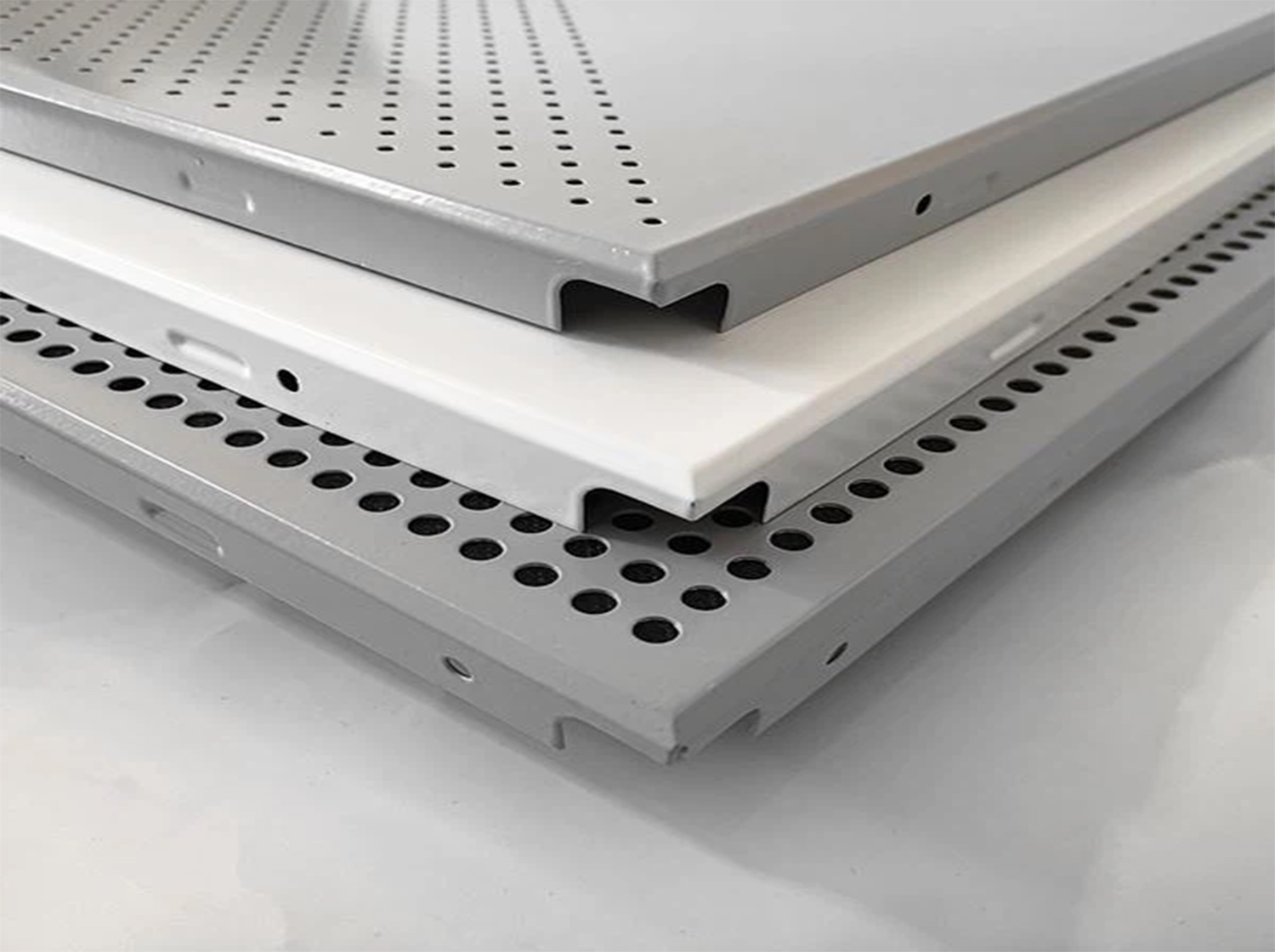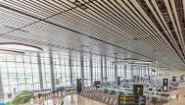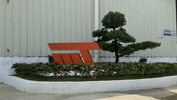The Remarkable Corrosion Resistance of Aluminum Panels
Author:Jayminton Time:2024-08-05

In the world of construction and industrial design, materials that offer durability and longevity are highly sought after. Among these, aluminum stands out not only for its lightweight nature and versatility but also for its exceptional resistance to corrosion. This property makes aluminum panels a preferred choice for a wide range of applications, from architecture to aerospace.
Understanding Corrosion Resistance
Corrosion is a natural process where metals deteriorate due to exposure to environmental factors such as moisture, salt, chemicals, and pollutants. This degradation can compromise structural integrity and aesthetic appeal over time, leading to significant maintenance costs and safety concerns.
Aluminum, however, exhibits innate resistance to corrosion. This resistance is primarily due to the formation of a thin oxide layer on its surface when exposed to oxygen in the air. This oxide layer acts as a protective barrier, preventing further oxidation and effectively inhibiting corrosion from progressing. Unlike other metals that may require additional coatings or treatments to achieve similar protection, aluminum’s oxide layer forms naturally and is integral to its inherent corrosion resistance.
Applications in Architecture and Construction
In architectural and construction applications, aluminum panels have become increasingly popular due to their durability and aesthetic appeal. Buildings clad with aluminum panels benefit from their ability to withstand harsh weather conditions, UV radiation, and pollutants without succumbing to corrosion. This durability translates into reduced maintenance costs and longer service life, making aluminum an economically viable choice for both exterior Facades and interior finishes.
Industrial and Marine Environments
Beyond architecture, aluminum’s corrosion resistance finds extensive use in industrial settings and marine environments. Industries ranging from automotive to electronics utilize aluminum panels for their equipment and enclosures, where protection against corrosion is crucial for operational efficiency and product longevity.
In marine environments, where exposure to saltwater can accelerate corrosion in many metals, aluminum panels offer a reliable solution. Their resistance to salt corrosion makes them ideal for shipbuilding, offshore structures, and marine components, ensuring durability even in the harshest of conditions.
Advancements and Innovations
Advancements in aluminum alloy compositions and manufacturing techniques continue to enhance its corrosion resistance properties. Through alloying with elements such as zinc, magnesium, and copper, manufacturers can tailor aluminum alloys to specific environmental conditions and application requirements, further expanding its versatility and reliability.
Environmental Considerations
In addition to its technical benefits, aluminum’s corrosion resistance contributes to environmental sustainability. Its longevity and recyclability reduce the need for frequent replacements, lowering overall resource consumption and waste generation. As a highly recyclable material, aluminum also supports circular economy principles by being continuously repurposed with minimal loss of quality.
Conclusion
Aluminum panels exemplify the marriage of strength, lightness, and exceptional corrosion resistance. From shielding buildings against the elements to safeguarding sensitive industrial equipment, aluminum continues to prove its worth as a material of choice for diverse applications. As technology advances and environmental concerns grow, aluminum’s role in sustainable design and construction is set to expand, reaffirming its status as a cornerstone of modern engineering and architecture.

 S1 Clip-in Metal ceiling System
S1 Clip-in Metal ceiling System JMT-L4.2 U-Baffle System
JMT-L4.2 U-Baffle System JMT Aluminum Wall Cladding
JMT Aluminum Wall Cladding Aluminum Honeycomb Panel
Aluminum Honeycomb Panel Air-Condenser Cover
Air-Condenser Cover Metal Heat Cover
Metal Heat Cover Singapore Changi Airport T2 Arrival
Singapore Changi Airport T2 Arrival Australia Marvrl Stadium City Edge
Australia Marvrl Stadium City Edge Enterprise Information Announcement
Enterprise Information Announcement Construction Industry Solutions
Construction Industry Solutions About Jayminton
About Jayminton Contact US
Contact US